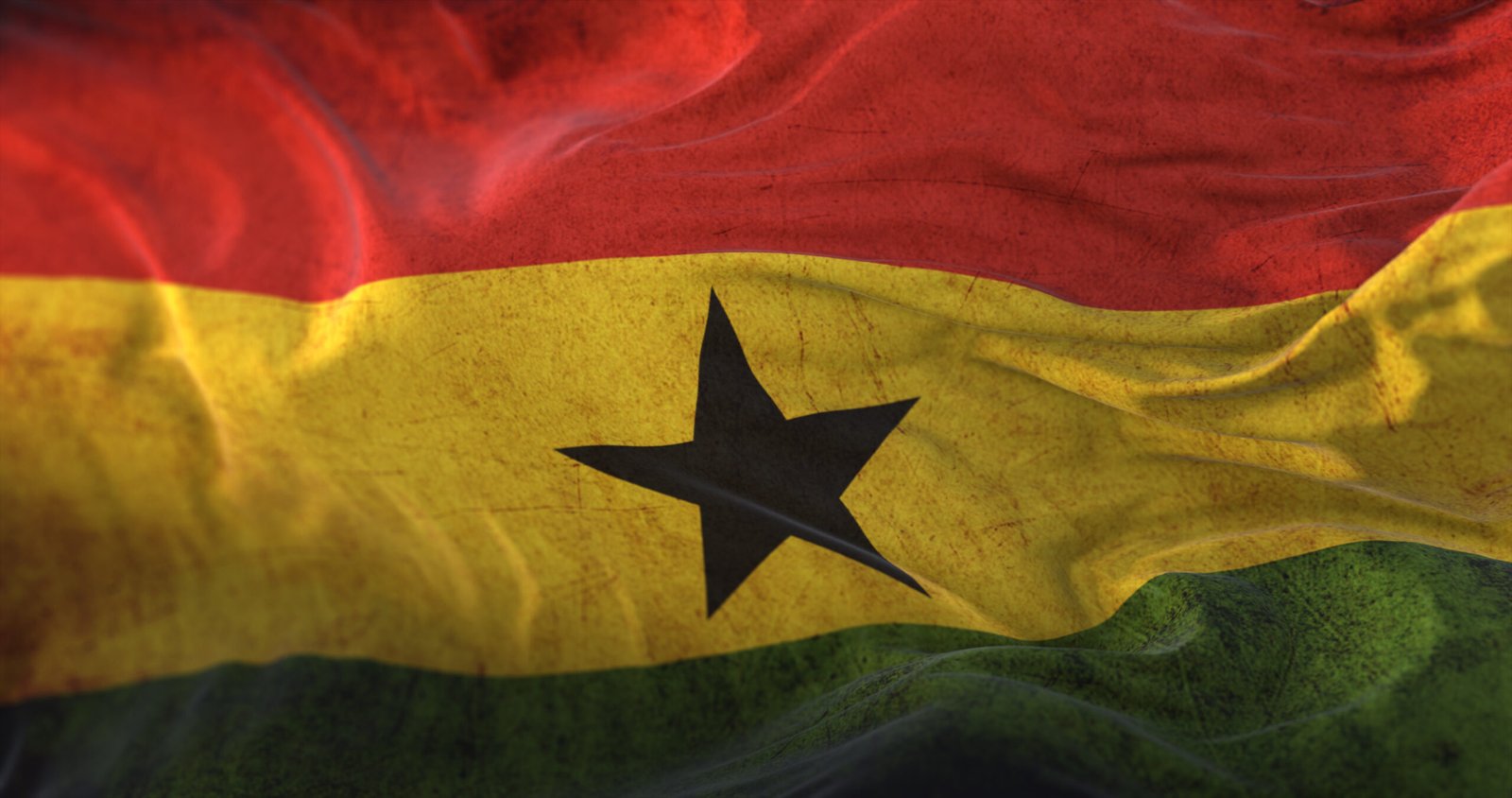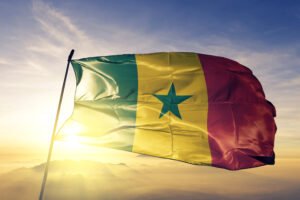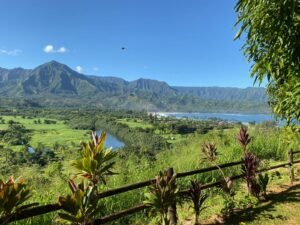Every time I mention to someone that I am in the throes of moving back home there are two beliefs – that I am moving back to Sierra Leone (which is where I grew up) or that I have decided to join the masses and move to Ghana. To be transparent, those were two of the first three countries we thought about moving to. The third being Gambia. Ghana had a draw for us because of its great schools, the business opportunities and the government’s focus on bringing the diaspora back home. I registered the children for a school in East Legon in Accra and set about looking for a house to rent.
But as we delved deeper into a move to Ghana, it became quite apparent that Ghana would not suit us. At first glance, Ghana should be Number One on any English-speaking diaspora’s list of countries to return to. What if I told you that Ghana is not the right place for you and your children and there are other more suited places where you and your family will thrive.
As we navigate through the myriad of possibilities in contemplating a move to Africa, it is paramount to assess all options and acknowledge that each country, including Ghana, comes with its own set of complexities and challenges. Here are a few reasons why my compass is not pointing towards Ghana, and perhaps, why yours might navigate differently too.
1. Cost of Living:
Accra, the pulsating heart of Ghana, can be surprisingly expensive. From housing to certain services and goods, the cost of living might not be as affordable as one might expect when moving to an African nation.
It is worth noting that the cost of living in Ghana can vary significantly depending on various factors, including the location within the country, lifestyle choices, and personal preferences. Ghana, like many countries, has both affordable and more expensive options for living. Housing costs, for example, can vary greatly depending on whether you choose to live in a city, a suburban area, or a rural village. Expatriate-friendly housing and upscale neighbourhoods such as Roman Ridge and Cantonments in Accra tend to be more expensive. Monthly rent for a two-bedroom apartment in such areas can range from $1500 to $3,000 or even more. Additionally, it’s worth noting that in Accra, it’s a common practice for tenants to pay their yearly rent upfront. This can pose a potential financial challenge, particularly for individuals without stable employment or a consistent source of income.
2. Owning Your Home:
Ghana’s real estate and construction industry have experienced a boom in recent years. Major cities like Accra have witnessed a proliferation of high-rise buildings, malls and housing developments. While this presents opportunities for property developers and investors, it also raises concerns about affordability and the risk of a real estate bubble. Real estate in Accra has become more expensive than some cities in Europe like Lisbon, Portugal or Warsaw, Poland. Yet these European cities generally have better infrastructure than Accra in terms of transportation, utilities and public services.
Buying a home in Ghana, like anywhere else, comes with its own set of challenges and pitfalls. Firstly, it is rare for anyone including Ghanaians to own the freehold of land. It is not uncommon for homes to be leased for 99 years. When you take into account that foreigners can buy freehold land in next door Abidjan, Cote d’Ivoire, you can see that Ghana desperately needs land reform. These short leases are what makes Ghana’s homes unaffordable for mere mortals. There have also been cases where land disputes and unclear land titles have created legal complications for buyers for years.
3. Infrastructure Challenges:
Despite its advancement, Ghana, like many countries, grapples with issues pertaining to infrastructure. Infrastructure challenges in Ghana are a significant concern that impacts various aspects of the country’s development and quality of life for its citizens. These challenges encompass multiple sectors and include unreliable electricity supply, water shortages, and road conditions in certain regions which pose practical challenges that can influence daily living and business operations.
Addressing these infrastructure challenges is crucial for Ghana’s sustainable development and improving the overall quality of life for its citizens. If you’re unaccustomed to power outages and water shortages, Ghana may not be the ideal destination for you. However, it is important to note that the government, in collaboration with international organizations and private sector investments, is actively engaged in infrastructure development initiatives aimed at addressing these challenges and fostering economic growth and societal well-being.
4. Over-Saturation of Certain Sectors:
While Ghana offers a robust economy and thriving sectors, the surge of diaspora and international attention has also led to an oversaturation in certain industries. The telecommunications industry in Ghana, for example, is grappling with over-saturation. Multiple players offer mobile services, which is leading to price wars and reduced profitability for companies. This saturation has, however, resulted in Ghana having one of the most competitive mobile markets in Africa. Consumers in large towns and cities are benefitting from lower prices, improved services, and innovative offerings.
In the agriculture sector, there is an over-concentration on certain crops such as cocoa and maize. This limits diversification and leaves farmers vulnerable to price fluctuations. To mitigate this, the government and other organisations are starting to promote the cultivation of alternative crops and the support of value addition in agriculture. This is useful to enhance food security and to boost income generation in rural areas.
For entrepreneurs and job seekers, the burgeoning competition poses a challenge, especially within popular and often romanticized sectors like tourism and tech.
5. Quality of Education and Healthcare:
The availability and quality of education and healthcare are crucial, particularly for families. While Ghana does have international schools and medical facilities, the accessibility, quality, and costs of such institutions might not align with everyone’s expectations or previous experiences in Western countries. Currently, my children go to schools in London that would rival most international schools in West Africa. Yet, I pay zero pounds for this privilege.
The Ghanaian curriculum includes a mix of subjects covering various areas of knowledge but much of this knowledge is irrelevant to today’s economy. there are continued calls for curriculum reform to make it more relevant to the needs of the modern workforce.
Ghana IS working hard to enhance the quality of education and healthcare for its citizens through ongoing investments in infrastructure, training, curriculum development and improved access to services. If these issues are a concern for you, Ghana may not be the ideal destination.
6. Legal and Bureaucratic Hurdles:
Navigating through legal and bureaucratic hurdles in Ghana such as securing residential status, establishing a business, or buying property both for individuals and businesses can be complex, complicated and time-consuming.
While Ghana has made efforts to streamline administrative procedures and improve the ease of doing business, several obstacles and complexities persist. Ghana’s tax system like many others includes various taxes. Navigating tax regulations and compliance can be intricate, especially for businesses dealing with international trade.
Many members of the diaspora often mistakenly believe that they can simply arrive in the country and no longer have any tax obligations. Ensuring that all aspects of legal residency and operations are aligned with local laws is pivotal and can sometimes be a daunting task in Ghana and to be frank, in most of Africa.
My children and I hold Sierra Leonean passports. However, we are not guaranteed residential status even though we are Ecowas citizens. I have found it difficult to know what is required for us to obtain residential status.
If you’ve selected Ghana as your destination for relocation, it’s crucial to proactively address all legal, tax and residential status issues
7. Social and Cultural Adaptation:
Ghana, with its rich tapestry of cultures and traditions, may present a cultural shock to some returnees, especially those who might be unfamiliar with the local customs, languages, and social dynamics. Ghana is home to a rich linguistic diversity with over 80 languages spoken across the country. Respecting and appreciating this diversity is essential for successful integration.
Greetings are an important part of social interaction. A common greeting is “Akwaaba” (welcome), and shaking hands is the standard way to greet. Offering your right hand is a sign of respect. In more traditional settings, people may bow slightly or kneel when greeting elders as a sign of deference.
Religion plays a significant role in Ghanaian society, with Christianity, Islam and indigenous beliefs being the major faiths. Places of worship are prevalent, and religious observance is respected.
English is the official language, and most Ghanaians are fluent in it. However, learning a few basic phrases in a local language, such as Twi, Fante or Ewe can be appreciated.
Like any new environment, Ghana may have its challenges, such as unreliable utilities, traffic congestion and healthcare access. Flexibility and patience are valuable qualities when adapting to these challenges. if you are inflexible and lack patience, Ghana may very well not be the right destination for you.
Exploring the Multifaceted African Continent:
African nations, in all their diversity, offer a range of experiences, opportunities, and challenges. While Ghana might be the poster child for the diasporic return, it’s essential to delve into comprehensive research and personal reflection to ascertain which country aligns with one’s aspirations, values, and practicalities.
There is a broad spectrum of nations, each with their unique blend of opportunities and challenges, waiting to be explored. From the fast-developing Rwanda, culturally rich Senegal, to the economically vibrant Cote d’Ivoire – Africa is a continent of vast possibilities.
Find Your Own Path
Choosing a country to call home, especially on a continent as diverse as Africa, is a deeply personal and multifaceted decision. It’s crucial to visit, immerse, and understand the rhythms of the nation before making a commitment to move. The tapestry of Africa is vast and varied – may your choice be guided by thorough research, personal resonance, and a spirit of adventure, wherever the destination may be.




